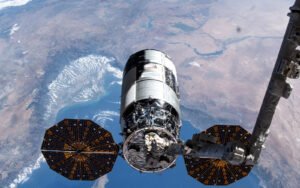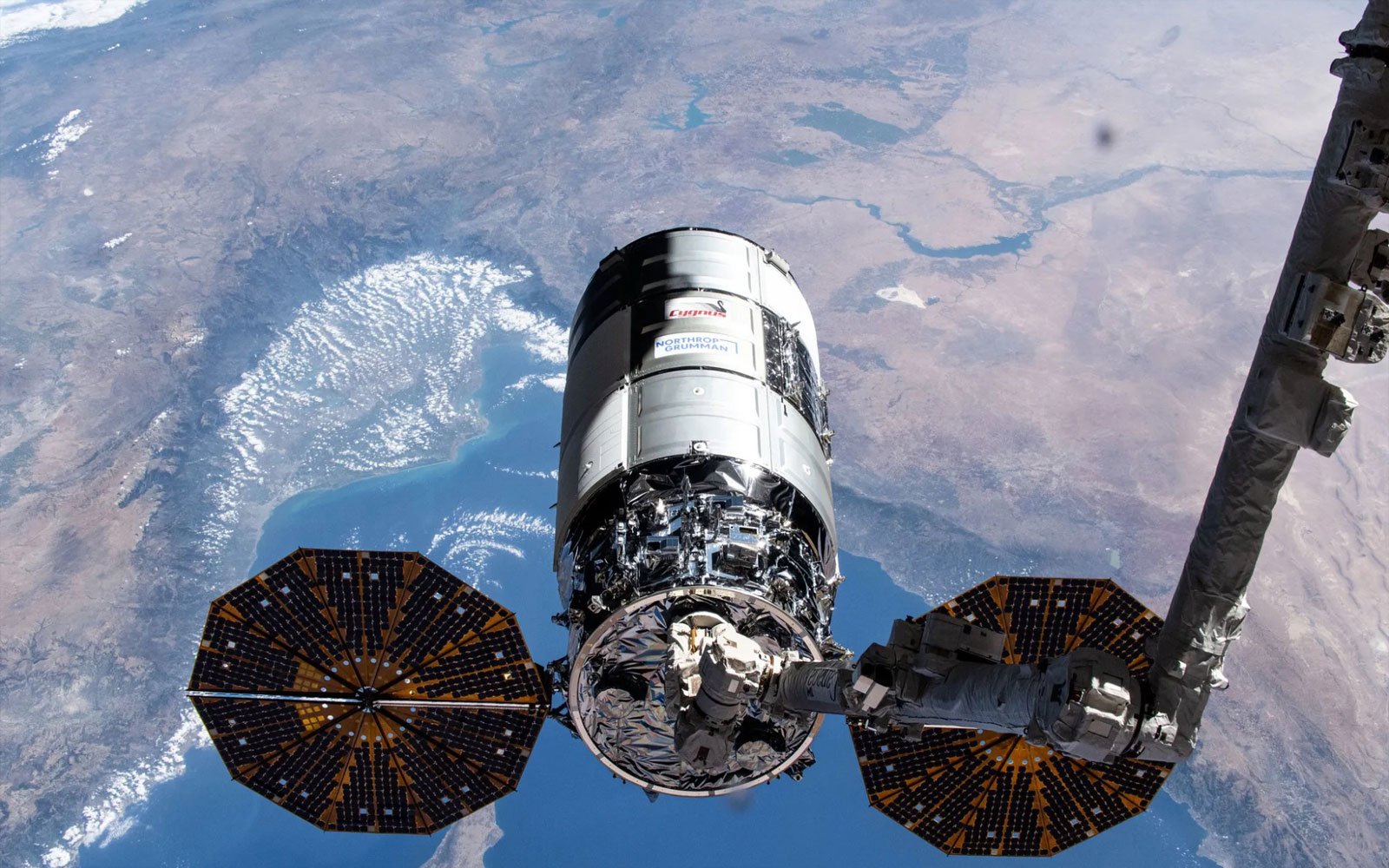Cygnus XL ISS delay NASA and Northrop Grumman Delay Cygnus XL ISS Docking After Propulsion Issue
1.Cygnus XL ISS delay Engine Shutdown Halts Docking Plans
NASA announced that Cygnus XL’s orbit-raising burns stopped earlier than expected, forcing officials to postpone the spacecraft’s scheduled docking with the ISS. Engineers are now investigating the cause of the premature shutdown.
2. Crew Capture Plans Suspended
Astronaut Jonny Kim was scheduled to command the Canadarm2 to capture the Cygnus XL on Wednesday morning. With the delay, the crew will wait for NASA’s updated docking strategy.
3. A Bigger and More Powerful Cygnus
The Cygnus XL, making its debut as part of the NG-23 mission, is larger than previous models — carrying over 11,000 pounds of cargo, including oxygen, food, scientific experiments, and critical ISS spare parts.
4. Why This Mission Matters
NASA stressed the importance of the additional cargo capacity. With 33% more volume, the Cygnus XL reduces costs per kilogram and ensures longer-term supply reserves for astronauts aboard the station.
 5. Previous Delays in Cargo Supply
5. Previous Delays in Cargo Supply
Earlier in 2025, NASA had to reshuffle supply missions after damage to a Cygnus spacecraft. The agency relied on SpaceX to temporarily increase consumable supplies, highlighting the need for redundancy in resupply missions.
6. A History of CRS Setbacks
Both Northrop Grumman and SpaceX have faced in-flight anomalies in their early missions. Despite this, both companies have delivered more than 50 successful cargo missions combined, ensuring the ISS remains operational.
7. Future Missions on the Horizon
Northrop Grumman continues to use SpaceX’s Falcon 9 while developing its Antares 330 rocket, set for 2026. Meanwhile, Japan’s HTV-X cargo spacecraft is scheduled to launch in October, adding another supply line to the ISS.
8. Maintaining Supply Security
NASA’s ISS program managers emphasize maintaining at least four months of supplies onboard. With Cygnus XL’s delay, ensuring backup cargo arrivals remains a top priority for station safety and research continuity.”
9. Technical Analysis of the Propulsion Issue
While NASA confirmed the burns ended prematurely, experts note that propulsion glitches are not uncommon in new spacecraft designs. Investigators will analyze telemetry data to identify whether the issue stemmed from fuel flow, engine control, or software anomalies.
10. Impact on International Space Station Operations
The delay means astronauts must carefully monitor supply levels, especially consumables like oxygen and food. Although current reserves remain safe, the mission highlights how dependent the ISS is on timely cargo missions.
11. Cygnus XL’s Role in Advancing Science
The spacecraft carries crucial experiments in biology, physics, and materials science. Any delay could postpone research timelines that directly benefit innovations on Earth, including medical and environmental applications.
12. Importance of Redundancy in Space Logistics
NASA’s reliance on multiple partners—SpaceX, Northrop Grumman, and soon JAXA—shows the importance of redundancy. A single failure should not compromise the station’s long-term operation, which is why backup missions are critical.
13. The Larger Strategy for ISS Sustainability
The Cygnus XL is designed not only for today’s missions but also to pave the way for future space operations. With its extended cargo space, it sets the standard for how NASA plans to manage ISS resupply over the next decade.
14. How the Delay Affects Future Missions
The docking delay may force NASA to reassess its scheduling of upcoming missions. Each postponed resupply potentially creates a domino effect, pushing back other launches and scientific experiments.
15. Public and Industry Reactions
The space industry has reacted cautiously, noting that this is the first mission of the upgraded Cygnus XL. Analysts suggest such issues are expected in new spacecraft but emphasize the need for rapid troubleshooting to maintain confidence in future flights.
16. Looking Toward a More Resilient Future
Despite the setback, NASA and Northrop Grumman remain confident in Cygnus XL’s long-term role. Engineers are already reviewing system redundancies to ensure smoother operations on future missions, reinforcing America’s leadership in space logistics.
Internal Link
Read More Space & Science News on NewsUpdates









